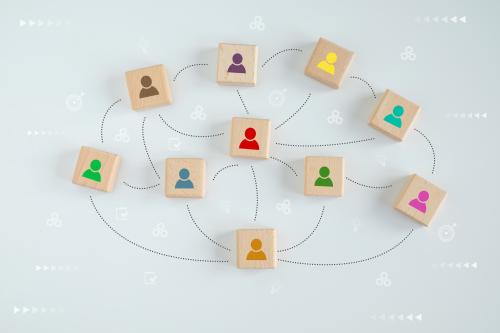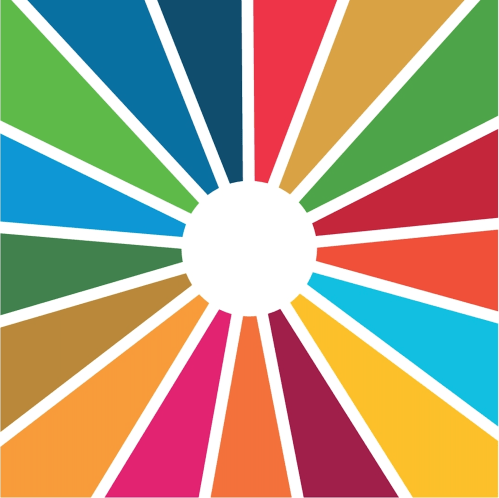Executive summary
Generative artificial intelligence (AI) will have profound implications for the future of work and knowledge production. But how best to deploy emerging tools within organizations and teams in ways that promote human agency, collective intelligence, and societal impact remains an open question. In this working paper, we propose “vibe teaming,” a model of human-human-AI teaming that leverages AI tools to enhance human-to-human collaboration and support team collective intelligence with efficiency and speed commonly associated with AI’s impact on individual work. By integrating AI tools into team workflows from the outset (to record and transcribe team conversations and draft and develop knowledge products), vibe teaming could help teams reallocate time and attention to higher-value work of collaborative exploration, synthesis, and problem-solving. We demonstrate how vibe teaming facilitated a high-quality strategy brief for achieving Sustainable Development Goal (SDG) 1.1 on ending extreme poverty globally and a draft Brookings-style commentary, suggesting its potential as a viable method for supporting knowledge work for the world’s toughest challenges.
-
Acknowledgements and disclosures
Acknowledgement
The authors thank John McArthur and Homi Kharas for comments on an earlier draft.
Disclosure
Portions of this working paper were informed by the use of ChatGPT, a generative AI tool developed by OpenAI, in response to queries made in April 2025 to support the formulation of ideas. The AI tool was used solely to assist in brainstorming, ideation and an initial draft; all final content was independently developed, reviewed for factual accuracy, and revised by the author(s) prior to publication. The AI tool did not contribute any verbatim text to this working paper.
The Brookings Institution is committed to quality, independence, and impact.
We are supported by a diverse array of funders. In line with our values and policies, each Brookings publication represents the sole views of its author(s).







